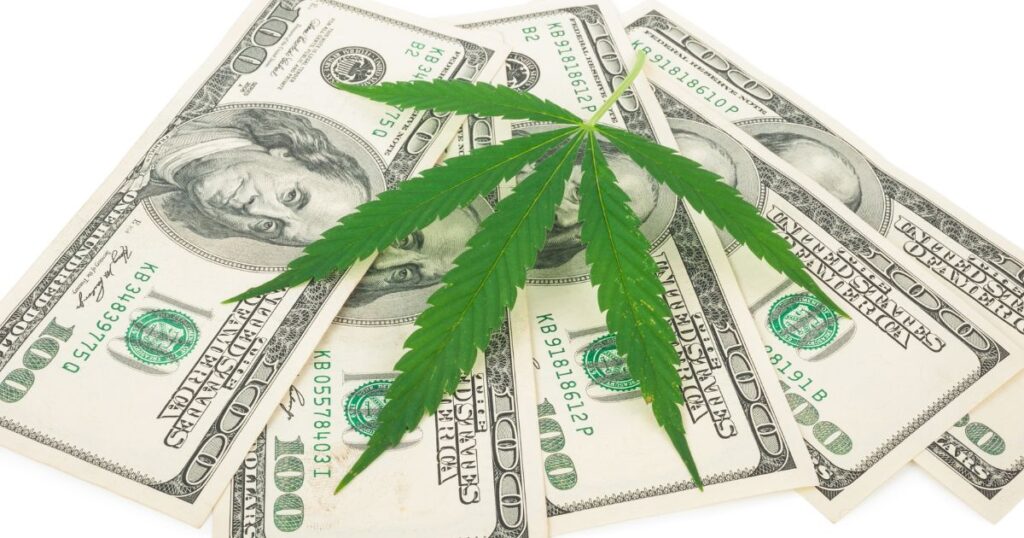A bill passed by the Minnesota Legislature, which awaits Governor Tim Walz’s signature, has the chance to impact the state’s new cannabis industry severely. The legislation proposes a 15% special sales tax on adult-use marijuana, up from its original 10%, on top of the existing 6.875% state sales tax. For an industry that is still in its infancy, this tax hike could potentially cause significant setbacks, threatening its ability to thrive.
This decision is more than just a state-level issue. It’s part of a larger trend where governments are leaning on cannabis revenues to fill budget gaps. The irony? A product once criminalized and demonized is now being tasked with propping up state budgets. But at what cost to the cannabis entrepreneurs trying to operate legally in an already overtaxed industry?
A Burden on Minnesota’s Budding Cannabis Industry
Minnesota has only just begun its journey into legal cannabis, with businesses eagerly awaiting operational licenses to enter the market.
However, this new tax structure adds weight to an already heavy burden. The 15% tax would place Minnesota among the states with the highest cannabis tax rates in the country.
Industry experts worry that this increase could drive consumers toward the illicit market, where products are unregulated but often cheaper.
State Senator Lindsey Port, who put the bill together to legalize cannabis in Minnesota, voiced her concerns via the Minnesota Star Tribune, calling the tax hike “incredibly disappointing” and warning that it risks undermining the very goals of legalization.
The original lower tax rate was designed to entice consumers to switch from the illicit market to regulated, lab-tested products. A sudden hike undermines this incentive and could thwart the development of a healthy, competitive legal market.
Here are the key provisions of the bill:
- Cannabis tax raised from 10% to 15% on gross receipts.
- The 20% revenue-sharing provision with local governments is repealed, shifting financial burdens to municipalities for compliance, safety, and regulatory oversight.
- This tax increase could potentially generate over $200 million in revenue within four years, aimed at addressing a looming state budget shortfall.
While the revenue boost may look advantageous on paper, advocates and business owners argue that its unintended consequences, like stagnating the legal market’s growth, could outweigh its financial gains.
Overreliance on Cannabis Taxes to Solve Budget Problems
The situation in Minnesota mirrors what’s happening in other states attempting to address budget deficits with cannabis taxes. From Maryland, which recently hiked its cannabis sales tax from 9% to 12%, to states like California and Michigan proposing similar increases, cannabis is becoming the go-to solution for financial shortfalls.
The unfortunate consequence of these tax hikes is that they often overlook the complexities of the cannabis industry. One major challenge is the impact of federal tax code 280E, which prevents cannabis businesses from deducting standard business expenses. This significantly increases their effective tax burden, making it harder for them to stay financially viable.
Another issue is the competition from the illicit market. Higher taxes on legal cannabis products drive up their prices, pushing consumers toward unregulated markets where products are untaxed and often cheaper. This puts legal operators at a disadvantage and undermines efforts to regulate the industry.
Additionally, cannabis businesses already face high operational costs. From compliance requirements to supply chain challenges, there is little room for these businesses to absorb extra tax burdens. As a result, legal operators struggle to compete, consumers get priced out of the legal market, and the illicit market continues to thrive.
Can Minnesota’s Cannabis Industry Thrive?
Minnesota’s possible impending cannabis tax hike offers a microcosm of the larger challenges facing the cannabis industry in the United States. While legalization has paved the way for new opportunities, high taxes and overreliance on the industry for state revenues threaten to hinder rather than help its growth.
If Minnesota hopes to build a successful and sustainable cannabis market, it must rethink approaches like the proposed tax hike. The state and other jurisdictions considering similar measures must strike a balance between generating revenue and fostering a thriving, equitable cannabis industry.
For now, the question remains—can a legally sanctioned but overburdened industry overcome these hurdles? Only time, thoughtful legislation, and continued advocacy will tell.
















